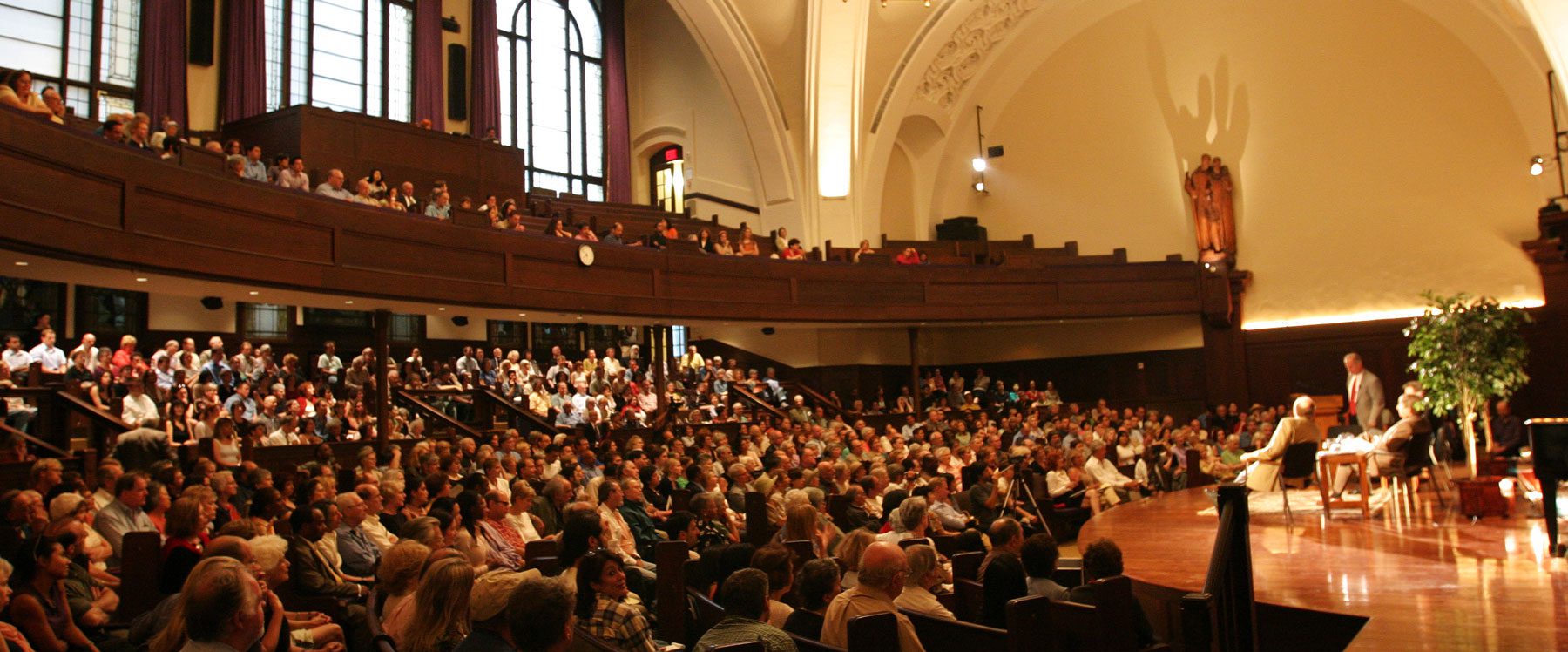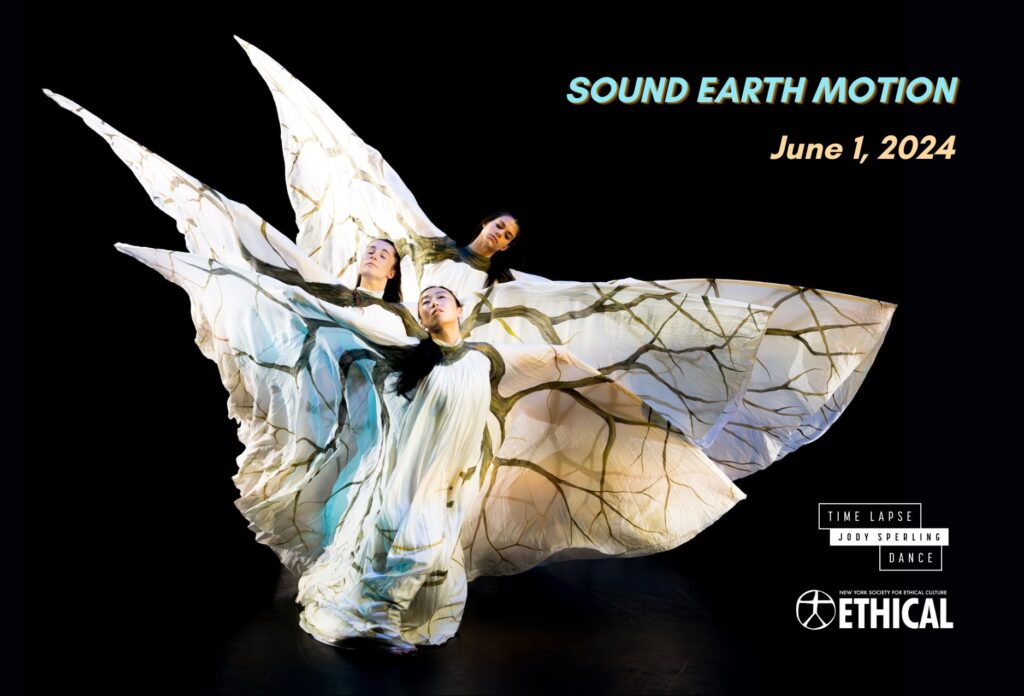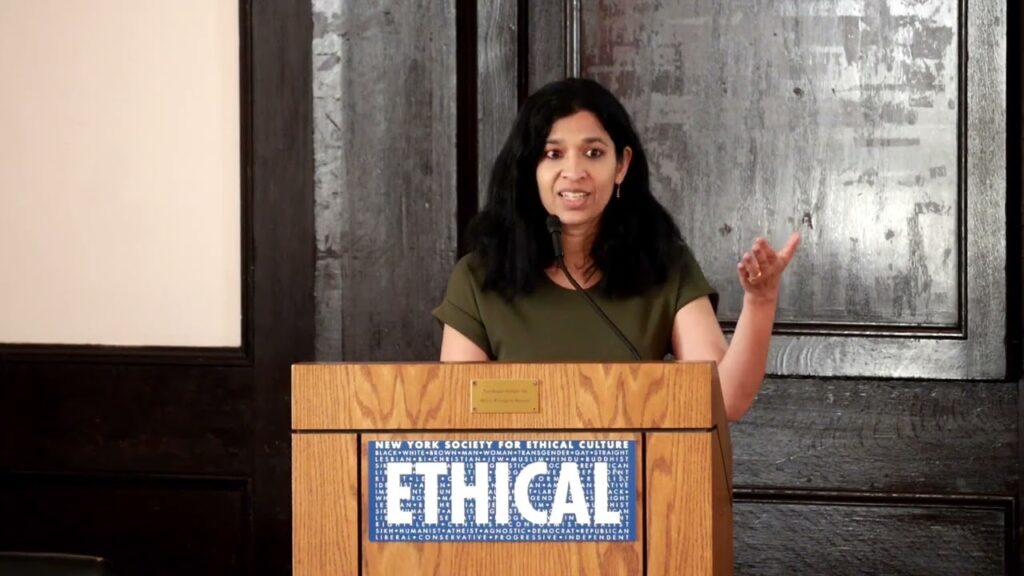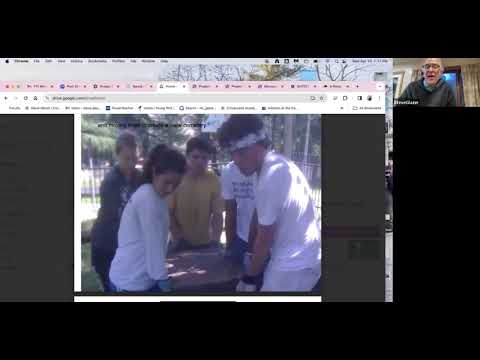
Politicians have always had a bad reputation. Aristophanes (450 – 388 BC) wrote, “Under every stone lurks a politician.” In his Farewell Address of 1796, George Washington cautioned Americans about the divisiveness that we are experiencing this Election Day with a vengeance: “The alternate domination of one faction over another, sharpened by the spirit of revenge, natural to party dissension, which in different ages and countries has perpetrated the most horrid enormities, is itself a frightful despotism.” English writer George Orwell, whose idealism took him to Spain, first to report on the Civil War as a journalist, then to fight against the Facists as a member of a “democratic army” with no ranks, no titles, and often no weapons, wryly observed that “Political language. . . is designed to make lies sound truthful and murder respectable, and to give an appearance of solidity to pure wind.” U.S. President Harry S. Truman once said, “My choice early in life was either to be a piano-player in a whorehouse or a politician. And to tell the truth, there’s hardly any difference.” Those of us who take solace in the satire of Jon Stewart and participated in his Rally to Restore Sanity in Washington, DC last month would do well to revisit the humorous wisdom of Will Rogers: “Everything is changing. People are taking their comedians seriously and the politicians as a joke.”
You get the point I’m trying to make. Politics is an ugly business, and it always has been. But does it need to be? What if we were to treat this election as if it might make a difference? Let’s actually assume the attitude that how we vote could profoundly shape the well-being of our city, state, and nation.
I grew up with that attitude. I don’t recall my parents actually expressing such a lofty ideal; they are practical, down-to-earth people. I do recall them packing us children into the station wagon for the ride to Port Gibson, a small town along the old Erie Canal, where they voted in the firehouse. The voting booths inside bore a strange resemblance to the confessional box at St. Anne’s Church, and the atmosphere was hushed, almost religious, and certainly mysterious for a young child, especially since my parents never told us how they voted. I often wondered about that and years later decided that, in a town where the mayor’s wife once ran off with the police chief, politics could be very personal, and it was wise to keep your choices on Election Day to yourself.
In elementary school we were taught civics – one’s responsibility to a democratic state – perhaps a legacy of the great educator and public philosopher John Dewey, whose quotations still grace many a public school. He believed that a democracy was only possible with a well-educated citizenry. I looked forward to practicing my responsibilities as a citizen. I took voting seriously and believed that I could make a difference. I taught my children, too, and took them with me into the voting booth – in a backpack, a stroller, and then by the hand. They have gone by themselves for several years now, and I still believe that their votes make a difference for the good.
What also makes a difference is the civil discourses in which we engage – not the angry, bitter diatribes of rival politicians, but those reasoned conversations we have in our homes, in the Ethical Culture meeting house, and in the public square. It is up to us to behave as the non-anxious presences in our communities, to educate ourselves on the issues at stake, and to require those who ask for our votes to answer our questions honestly. Let us also pay attention to the people who advise these politicians. One gubernatorial candidate referred to his advisors as “junkyard dogs,” discounting their illegal activities in favor of their political tenacity. Perhaps it is unreasonable to ask anyone to be as “pure as Caesar’s wife,” but surely we should expect a clean record.
And while some of my fellow citizens rail against “activist” judges, I take solace in the judical branch. Last month a federal judge barred prosecutors from using a crucial witness in the first trial of a former Guantánamo detainee, saying, “The Constitution is the rock upon which our nation rests. We must follow it not only when it is convenient, but when fear and danger beckon in a different direction. To do less would diminish us and undermine the foundation upon which we stand.”
Amen.
Be sure to vote on November 2. It is your responsibility as a citizen, and your vote does make a difference.







